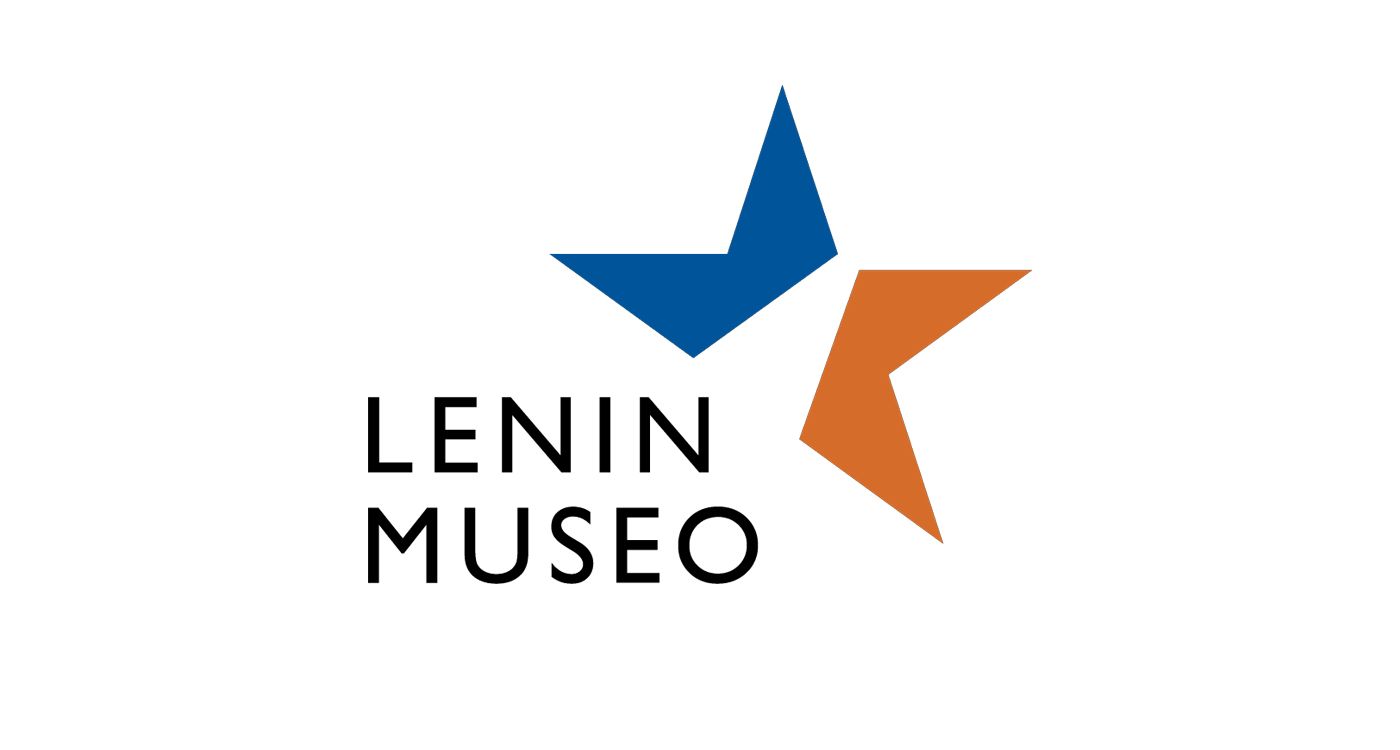
The closure of Finland's last Lenin museum is prompting speculation in Russia, highlighting the complex legacy of Soviet history. As it transitions to a new focus, the move underscores the shifting political landscape in the region.
Europe's last Lenin museum, situated in Tampere, Finland, is set to close its doors on November 3 for a revamp, prompting a wave of conspiracy theories in Russia. The museum, founded in 1946, is the sole survivor of several dedicated to the former Soviet leader across Europe. Notably, it is located in the very building where Lenin and Stalin first met during a clandestine Bolshevik meeting in 1905.
Kalle Kallio, the museum's director, explained that the decision to close was driven by a desire to reshape the narrative the museum conveys. He noted that the current name had become a “burden,” especially following Russia's invasion of Ukraine in 2022. "Some people believe this is some kind of an evil temple because of its name," Kallio said, emphasizing the need for a more fitting title to reflect the museum's evolving focus.
Since 2016, the museum has shifted its emphasis from Lenin's biography to broader Soviet history, distancing itself from any affiliation with the Russian state. However, the old name's implications have deterred certain groups, particularly schools, from organizing visits. “We have a lot of visitors, but not, for example, schools, since teachers don't want to ask parents if they can take children here,” Kallio explained.
The renaming of the Lenin Museum has inadvertently fueled misunderstandings and conspiracy theories across the border in Russia. Kallio reported that some Russians view the closure as a hostile act by Finland, especially following the nation's recent accession to NATO. There are rumors suggesting that the decision was influenced by Washington, reflecting growing tensions in the region.
Set to reopen in February 2025 under the new name “Nootti” (meaning “Note” in English), the revamped museum will concentrate on the evolution of Finnish-Russian relations throughout the 20th and 21st centuries. This shift is expected to provide a more comprehensive understanding of the historical dynamics between the two nations.
Interestingly, Kallio noted a surge in visitor numbers leading up to the closure, as people flocked to experience the museum one last time before its transformation. The impending closure seems to have sparked a sense of urgency among those wishing to witness this unique institution, which has been a significant part of Tampere's cultural landscape for nearly eight decades.
In summary, the closure of Finland's last Lenin museum marks a pivotal shift in how the history of the Soviet era will be presented and understood, especially in the context of contemporary geopolitical tensions. As the museum prepares for its transformation, it aims to foster a more nuanced dialogue about the complex relationship between Finland and Russia, moving away from the legacy of Lenin and focusing on shared history.
With AFP



Comments